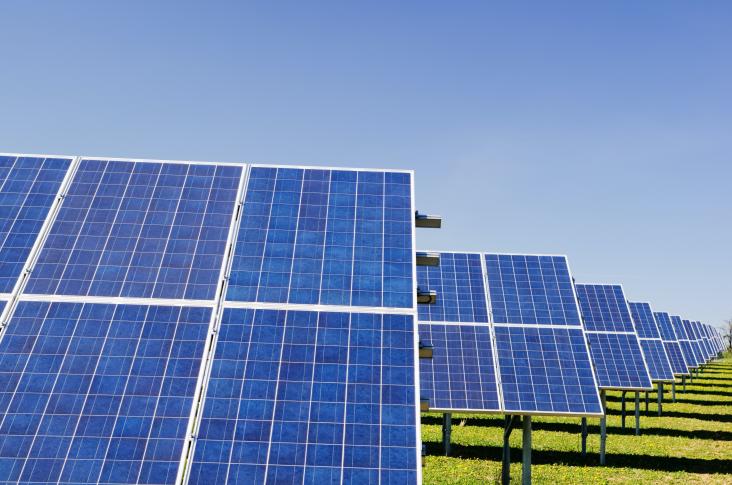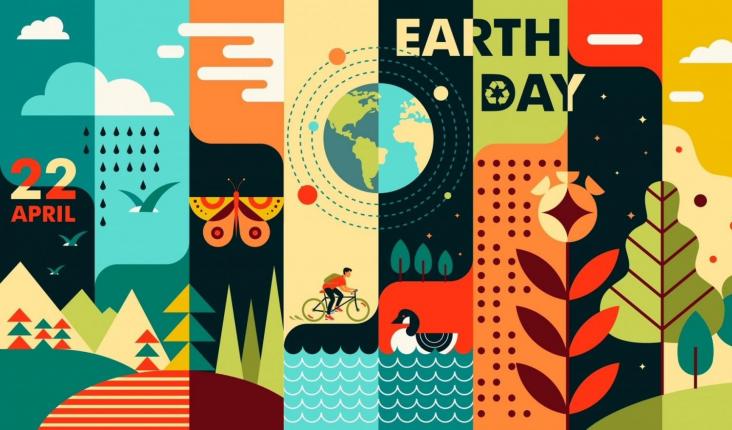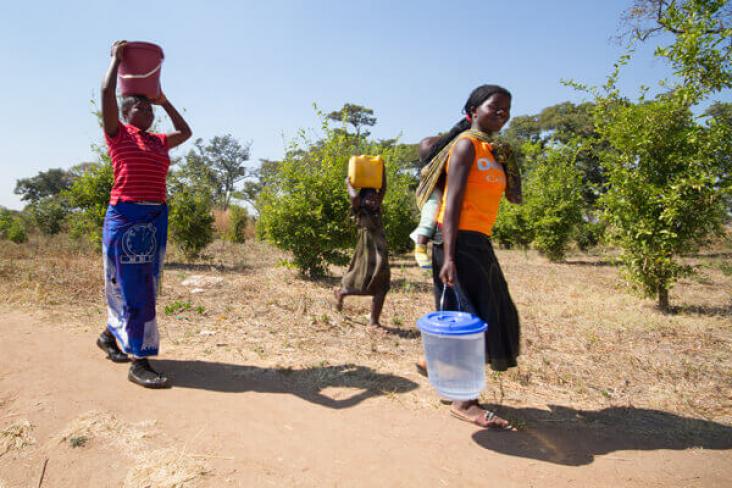
Recognising our customers' exceptional work to achieve the United Nations' Sustainable Development Goals
Water is a dwindling natural resource, and potable water is wrongly considered an unlimited resource. This review seeks to support policymakers in making informed decisions about water use, avoiding wasting, and finding solutions that may be planet friendly and patient friendly in dialysis, especially in hemodialysis treatments.
This study analysis four wetland technologies for treating greywater according to regulatory standards.
“From electric vehicles to lifesaving drugs, clean and green tech, to AI and digital technologies – IP can be the vehicle to turn bold new ideas into real world impact” said World Intellectual Property Organisation (WIPO) Director General Daren Tang in a video address to mark World IP Day 2024. This paper proposes a responsible intellectual property (IP) strategy (R-IPS) framework based on five exploratory case studies of sustainable companies in energy, nutrition, consumer electronics, manufacturing and water treatment sectors. These companies responsibly use IP assets to create positive social and environmental impact (or reduce negative impact), and unlock new opportunities for financial (economic) gains.
This systematic literature review on on-site sanitation fecal sludge management practices directly informs Sustainable Development Goal 6 (SDG 6) by identifying best practices for safe sanitation, reducing pollution, and protecting water resources.

To mark the 50th Anniversary of World Environment Day on 5 June 2023, Elsevier proudly presents a curated list of publicly available journal articles and book chapters in support of this year's theme “Solutions to Plastics Pollution”. Please share and download.

As we progress through the 21st century, the health of our planet emerges as a pressing concern.
To address the Grounwater contamination, CrowdWaterSens, an uncertainty-aware graph neural network framework, examines the uncertainty and spatial irregularity of the crowdsensing groundwater contamination data and its relevant anthropogenic context to accurately estimate groundwater nitrate concentration.

Sustainable Development Goals (SDG) can help with global water sustainability for World Water Day 2026.
This study shows that agricultural water consumption tends to use internal water resources at a maximum level for export and national use, significantly impacting renewable and non-renewable water resource availability, especially in groundwater.
